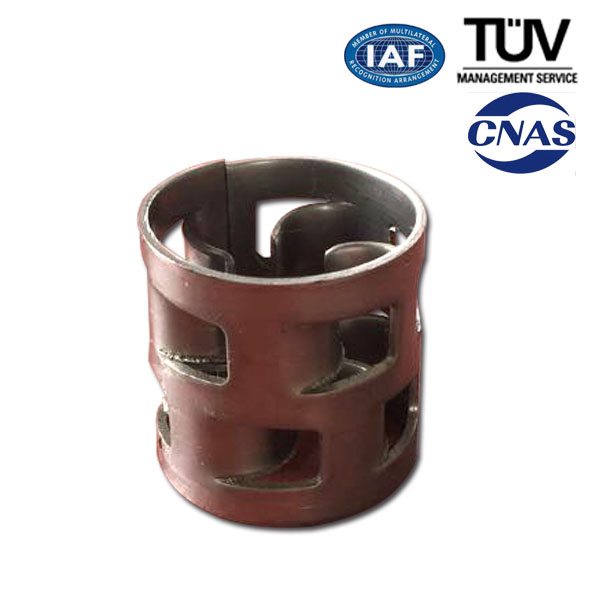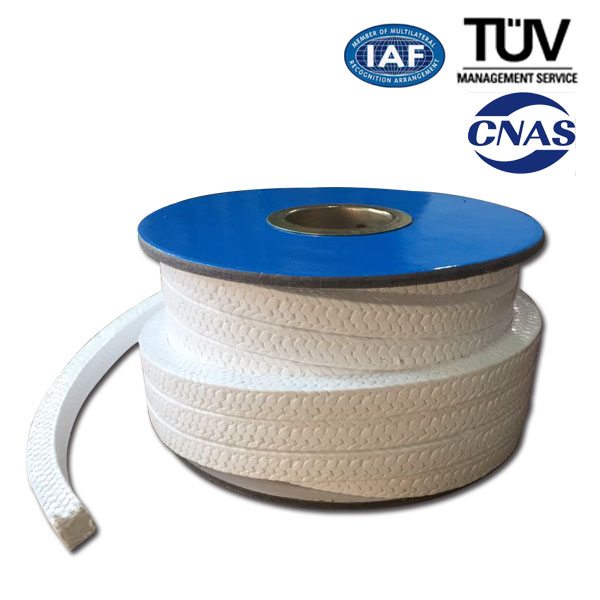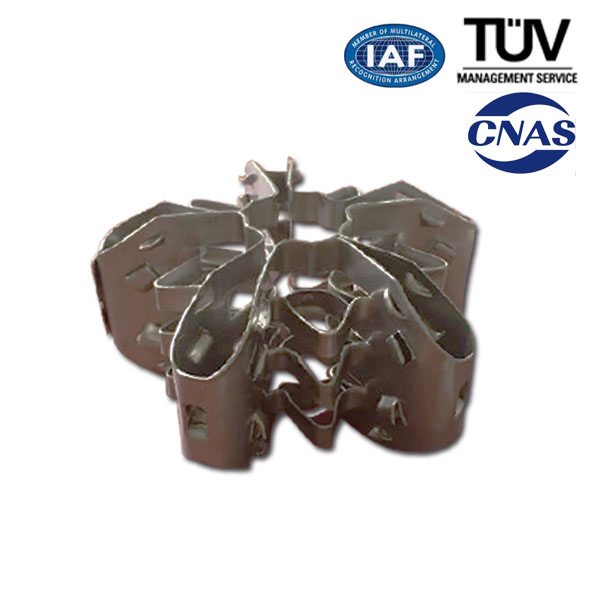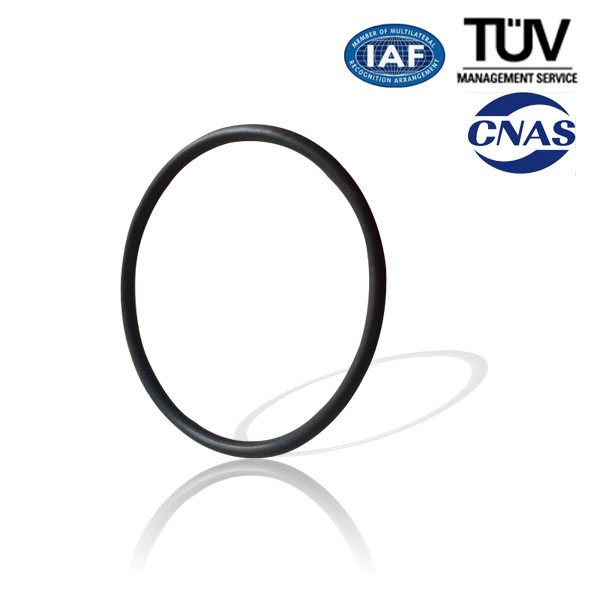Factory Cheap Hot PTFE Gasket for Orlando Factory
Factory Cheap Hot PTFE Gasket for Orlando Factory Detail:
PTFE gasket is manufactured by molding method with PTFE granular resin. Compared with other plastic, PTFE has a superior properties against chemicals and temperature. Because of such excellent properties, PTFE gasket has a wide application as a sealing material.
Technical Data Sheet
| Property | Unit | Result |
| Density | g/cm3 | 2.18 |
| Elongation at Break | % | 200~450 |
| Tensile Strength | Mpa | 14~18 |
| Bending Strength | Mpa | No Break |
| Pressure Resistance | Mpa | 24 |
| Tensile Modulus | Mpa | 393 |
| Bending Modulus | Mpa | 490~586 |
| Working Temperature
(20000 hr, highest) |
℃ |
260 |
Application Area
As a sealing material, PTFE gaskets can be used in flange joint of various equipments and pipes in chemical industry, food producing industry, medicine industry and so on. It can bear the most bitter chemical medium, and has good anti-creeping performance. The unloaded operating temperature range is -180~+260℃.
Product detail pictures:
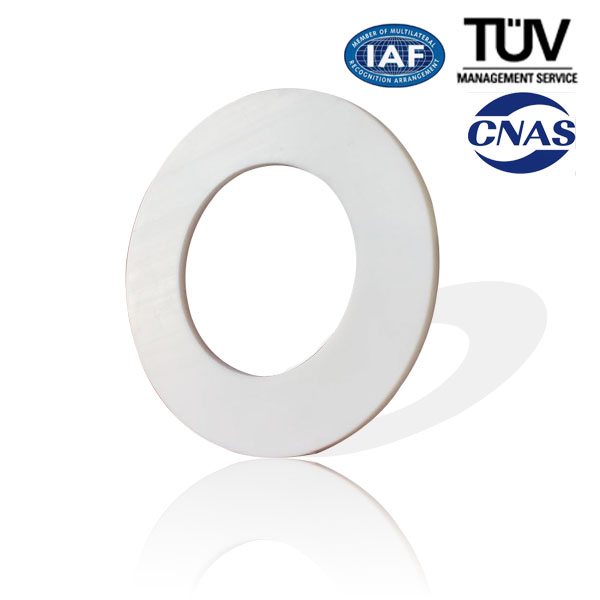
Related Product Guide:
O-Ring Sizes for Industrial Applications
What Is A PTFE Ring Gasket?
Factory Cheap Hot PTFE Gasket for Orlando Factory, The product will supply to all over the world, such as: , , ,
How to properly install a butterfly valve onto a Poly Processing IMFO®, Integrally Molded Flanged Outlet, polyethylene tank. When installing larger assemblies like a valve or flex joint on to a poly tank, an extra set of hands is helpful. Start with the gasket against the IMFO®. Hold the valve against it, take the backing ring and place it on.
Now insert one all-thread and through the front of the assembly. Add a wedge washer, flat washer, and nut to the back of the assembly.
Now that we’e added hardware to the back of the all thread, add the flex joint to the front of the butterfly valve. An important note at this stage is to not leave out the included spacer. The spacer is very important when we use a PVC flange against a PTF and composite flex joint. With stainless steel flanges, these spacers would not be required. Just like on the back side of the IMFO®, we’re going to add hardware top the front side of the all threads. The only difference is that there will not be a wedge washer on this side of the hardware. Tighten each nut down in a criss-cross pattern. Once all hardware is tightened, a crow’s foot can be used to get in between the two flanges and use an actual torque wrench to tighten to 20 ft-lbs
Next, add the valve handle. Remove the retainer screw from the top of the assembly. Line up the pattern of the valve handle and press down in to place.
Learn more about polyethylene tanks and fittings: https://www.polyprocessing.com/


